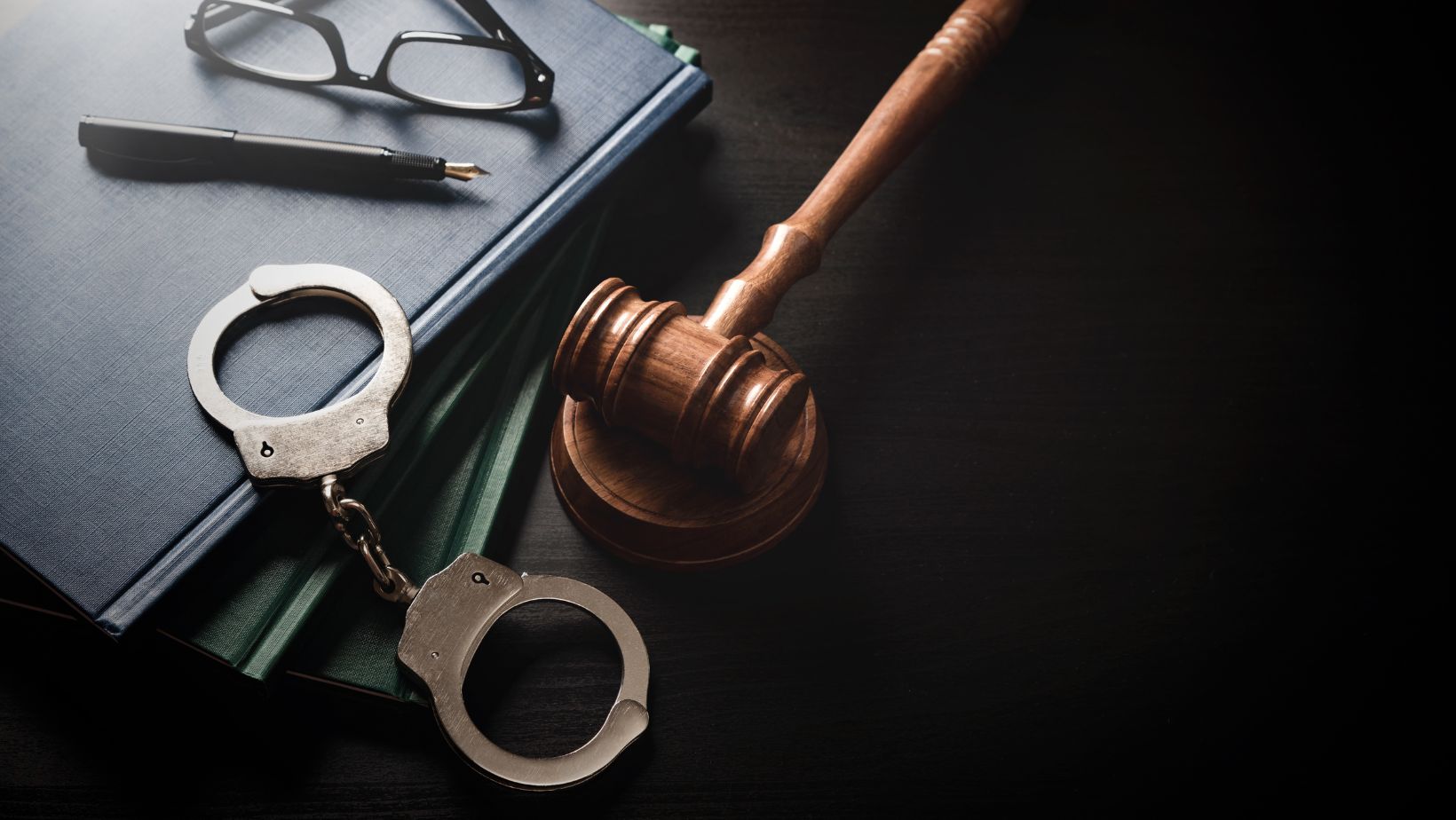
Being accused of shoplifting can be a scary and confusing experience. Suddenly, a simple shopping trip turns into a potential legal headache.
You might be worried about the penalties for a shoplifting conviction and what steps to take next.
Here, we want to help. This post provides a basic overview of shoplifting charges, what to expect if you’re accused, and your rights during the process.
We’ll also offer some guidance on what to do after an accusation and how to find legal help if you need it.
Read on to learn more about handling a shoplifting accusation.
Understanding Shoplifting Charges
Shoplifting, legally defined, involves the intent to take merchandise from a store without paying for it or with the intention of depriving the store of the property’s full value. Shoplifting charges can vary significantly depending on the value of the items taken and the individual’s prior criminal history.
Degrees of Shoplifting Charges
Misdemeanor Shoplifting:
● This applies when the value of the stolen merchandise is below $100.
● Even a first-time offense can result in legal consequences.
Felony Shoplifting:
● Occurs when the stolen merchandise is valued at over $100.
● Also applies if someone with a prior shoplifting conviction steals merchandise with a value over $100.
Potential Penalties
For Misdemeanors:
● Fines: Can range from $50 or twice the merchandise value to a maximum of $500.
● Imprisonment: Up to one year.
● Both: A combination of fines and imprisonment.
For Felonies:
● Fines: Up to $5,000.
● Imprisonment: Up to five years.
● Both: A mix of fines and imprisonment.

Understanding the differences between misdemeanor and felony shoplifting charges can help you grasp the potential implications of a shoplifting accusation and emphasize the importance of appropriate legal advice.
What Happens When You’re Accused of Shoplifting?
Accusations of shoplifting can happen in various ways, but some common scenarios include:
● Store security detains you and accuses you of stealing.
● The police come to the store because someone reported seeing you steal something.
● The store finds that one or more pieces of merchandise have gone missing and believes you’re responsible.
● Someone, such as a store employee or another customer, witnesses your attempt to steal something.
After an accusation of shoplifting, you may face arrest and prosecution. Depending on the circumstances, security personnel may detain you while they wait for the police to arrive. Once detained or arrested, expect certain procedures to take place.
- The police take you to the station. At this point, you’ll go through booking procedures.
- You must provide information about yourself and your background.
- The police will search you and take inventory of your belongings.
- They may interview you or ask for a statement.
- They’ll hold onto any evidence they find if they move forward with charges.
After that, you may be released until your court date or remain in custody. The prosecutor will determine which charges to bring based on the evidence and other factors.
Your Rights When Accused of Shoplifting
Whether you’re being detained or arrested for shoplifting, you have certain rights protected by law:
- The right to remain silent: Under the Fifth Amendment, you have a right not to incriminate yourself.
- The right to an attorney: You have the right to legal representation during questioning and throughout the legal process.
- The right to a fair trial: The Constitution guarantees all individuals facing criminal charges a fair trial with due process.
- Presumption of innocence: Until proven guilty, you are presumed innocent by law.
Make sure to exercise these rights whenever necessary. Remain calm and polite, but also assertive in asserting your rights.
Steps to Take After Being Accused of Shoplifting
Being accused of shoplifting can be overwhelming, but there are steps you can take to protect yourself. First and foremost, don’t admit guilt to anyone, including store security or the police, without speaking to a lawyer first.
Next, if you have any receipts or other evidence that proves your innocence, gather it and keep it safe. This could include witness statements or security footage showing you paying for the items.
Most importantly, contact a lawyer specializing in shoplifting cases as soon as possible. An experienced attorney can analyze the details of your case, advise you on the best course of action, and potentially negotiate with the prosecutor to reduce or dismiss the charges.
If your case goes to court, a lawyer will represent you and fight for your rights throughout the entire process.
Important Considerations When Choosing a Shoplifting Attorney
Picking the right attorney can make all the difference when facing shoplifting charges. Here are some key factors to consider:

● Experience: Look for an attorney with experience handling similar cases and success in defending clients against shoplifting charges.
● Specialization: Choose an attorney who specializes in criminal defense and has experience with shoplifting cases specifically.
● Reputation: Look for feedbacks or ask for recommendations from friends or family to find a reputable attorney.
● Communication: A good attorney should communicate clearly and promptly, providing updates on your case and answering any questions you may have.
● Fees: Be sure to discuss fees upfront and understand the payment schedule before hiring an attorney.
Remember, choosing the right lawyer is crucial. Don’t hesitate to schedule consultations with a few different attorneys to find the one you feel most comfortable with.






